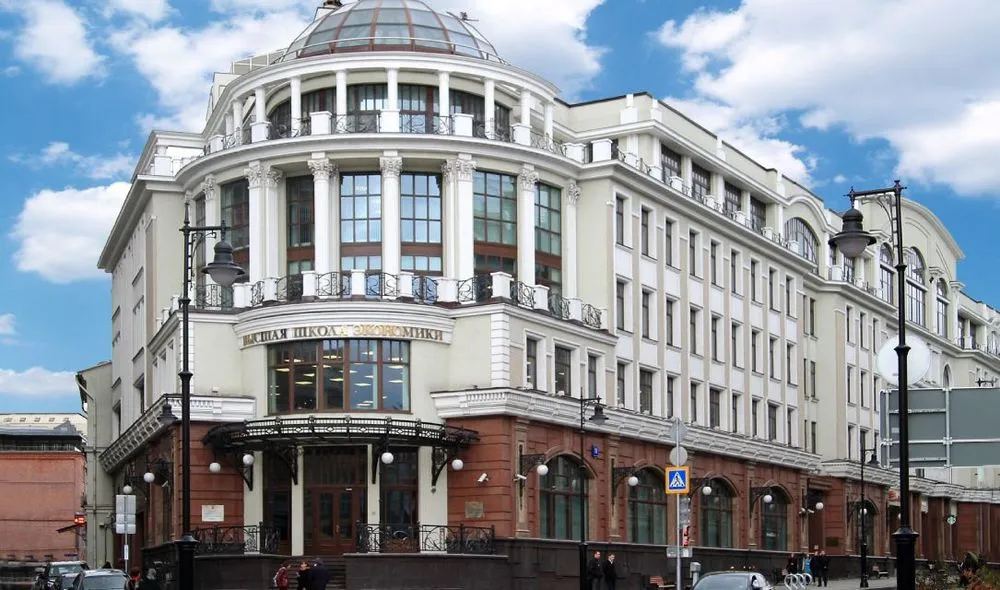Elite Russian university launches degree program on sanctions evasion
One of Moscow’s top universities has launched a new master’s program aimed at training students to navigate Western sanctions imposed on Russia following its invasion of Ukraine.
The Higher School of Economics (HSE), a leading Russian institution, said the two-year course will focus on international corporate compliance and business ethics, and will be taught in both Russian and English.
The program is intended to prepare students for roles in compliance departments at major Russian companies, which have become increasingly important amid tightened export controls and financial restrictions. Annual tuition is set at $6,260, with 20 places reserved for Russian nationals and two for foreign students.
In addition to the degree, HSE is offering a shorter professional development course in sanctions compliance, comprising 136 hours of instruction. The course, priced at $1,070, promises to teach students how to identify sanctions risks in cross-border transactions and assess deals for exposure to regulatory penalties. A separate program focused on crypto assets under sanctions regimes has also been launched.
The initiatives come as Russia adapts to a wartime economy and continued economic isolation. Since the start of the full-scale invasion in 2022, more than 1,300 international companies have scaled back operations in Russia, with around 500 exiting the market entirely, according to estimates by The Kyiv School of Economics. The departing firms represented about $109 billion in annual revenue.
The corporate exodus has pushed Moscow to develop domestic alternatives to Western technologies and services, and to train specialists capable of circumventing sanctions and maintaining access to restricted goods.
These kinds of programs existed before, but the HSE course marks a serious expansion, said Igor Lipsits, a former professor at the university, in comments to Russian media. “Russia’s economy has clearly shifted into a long-term wartime footing, and there’s a recognition that sanctions are here to stay. People are expected to learn how to work around them.”
Western countries are increasingly concerned about Russia’s efforts to evade international sanctions. European governments are seeking to crack down on Russia’s so-called “shadow fleet” — a group of up to 1,000 aging ships with unclear ownership that transport banned Russian goods. These vessels, which sail under foreign flags to avoid detection, are also suspected of damaging underwater cables in the Baltic Sea.
The U.S. is also targeting illicit financial networks. In June, authorities charged a Russian citizen living in New York with helping sanctioned Russian banks and transferring sensitive American technology to Russia through his cryptocurrency company.
Russian officials have increasingly called on universities to adapt to the needs of the war effort. Ukraine’s security service (SBU) previously alleged that Russia runs academic programs, research labs and institutes focused on training students in cyber-offensive capabilities.
According to Illia Vitiuk, former head of cybersecurity at the SBU, Ukrainian intelligence has obtained Russian theses and research papers detailing how to exploit vulnerabilities in critical energy systems, telecom providers and media infrastructure.
"They study the critical infrastructure not only of Ukraine but also of Europe and other countries. They want to elevate the level and sophistication of destructive attacks and recruit a significant number of cyber professionals to carry them out," Vitiuk added.
Daryna Antoniuk
is a reporter for Recorded Future News based in Ukraine. She writes about cybersecurity startups, cyberattacks in Eastern Europe and the state of the cyberwar between Ukraine and Russia. She previously was a tech reporter for Forbes Ukraine. Her work has also been published at Sifted, The Kyiv Independent and The Kyiv Post.



